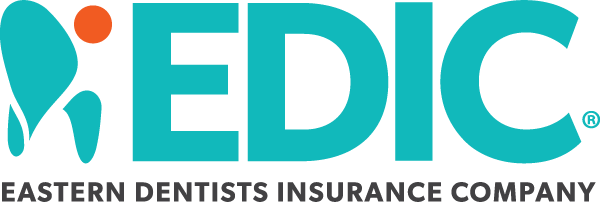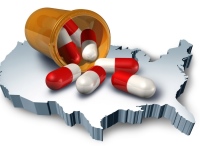Much has been written about prescribing opioids in conjunction with addiction and overdoses. Though statistics from the National Institute on Drug Abuse (NIDA) and the Centers for Disease Control and Prevention (CDC) show that misuse, abuse, and overdoses linked to prescription opioids may have plateaued, they are still alarmingly high. Articles about overdoses and the consequences of addiction are published regularly.
Dentists and dental specialists are linked to the issue, as are many other care providers. Dentists acknowledge that past prescribing habits may contribute to the problem. Some patients wonder why they have been given a prescription for 60 opioids when the pain they experience only requires two or three.
This can result in unused medications being available in medicine cabinets which can then be used by others for different purposes. In some cases, these medications can be what leads to addiction to opioids and possibly other illicit drugs.
This has led to an overall rethinking of prescribing practices for pain resulting from dental procedures. Some dentists are prescribing over-the-counter pain medications and anti-inflammatory agents instead of opioids with results. These medications are certainly less dangerous. Taking steps to manage and educate patients about the pain that occurs after dental procedures is important.
In this instance, doing what has always been done may not be the way to go. It is important to think about what you are prescribing and why, and what makes sense in light of the current issues and problems.


